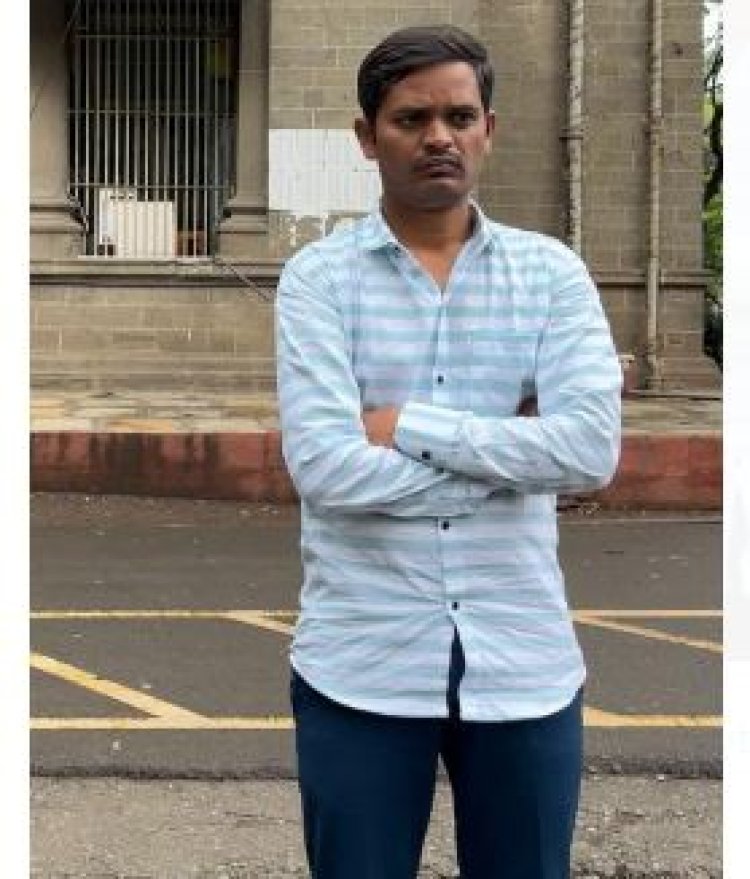Odisha STF arrests software firm employee in OTP sharing scam
The Odisha Crime Branch STF has apprehended one more suspect in the OTP-sharing scam, in which five people were previously arrested for allegedly sharing OTPs with operatives of Pakistan's Inter-Services Intelligence (ISI).

Bhubaneswar: The Odisha Crime Branch STF has apprehended one more suspect in the OTP-sharing scam, in which five people were previously arrested for allegedly sharing OTPs with operatives of Pakistan's Inter-Services Intelligence (ISI).
On Thursday, the accused, Abhijeet Sanjay Jambure, was apprehended in Pune, Maharashtra. He was brought to Bhubaneswar after being produced before a local court in Pune.
According to an official release, the court in Bhubaneswar had previously issued a Non Bailable Warrant (NBW) against him.
Abhijeet is a resident of Maharashtra's Satara district and a Post Graduate in Statistics from Sardar Vallabhbhai Patel University in Ananda, Gujarat. He was currently employed by a software firm in Pune.
Since a long time, the accused has maintained regular contact with two Pakistani Intelligence/Pakistani Army Intelligence officials. Through Facebook messenger in 2018, he met one Danish alias Syed Danish Ali Naqvi of Khanki, Faislabad, Pakistan, who identified himself as a freelancer at "Chegg," an American education technology company. Abhijeet had shared his "Chegg" user id and password with Danish, who was working (solving problems/questions, etc.) in Chegg under Abhijeet's identity, but the earnings were credited to Abhijeet's Indian account.
To repay this "favor," Abhijeet had to do some "work" for Danish. Danish introduced him to his friend Khurram alias Abdul Hamid, who lives in Karachi, Pakistan. Khurram is thought to be a senior Pakistan Army intelligence officer with a large base of agents in India. And, on Khurram's instruction, he used to transfer money to various PIOs working in India.
Abhijeet also used WhatsApp to communicate with at least seven Pakistanis and ten Nigerians. More research is being conducted.





 user1
user1 









